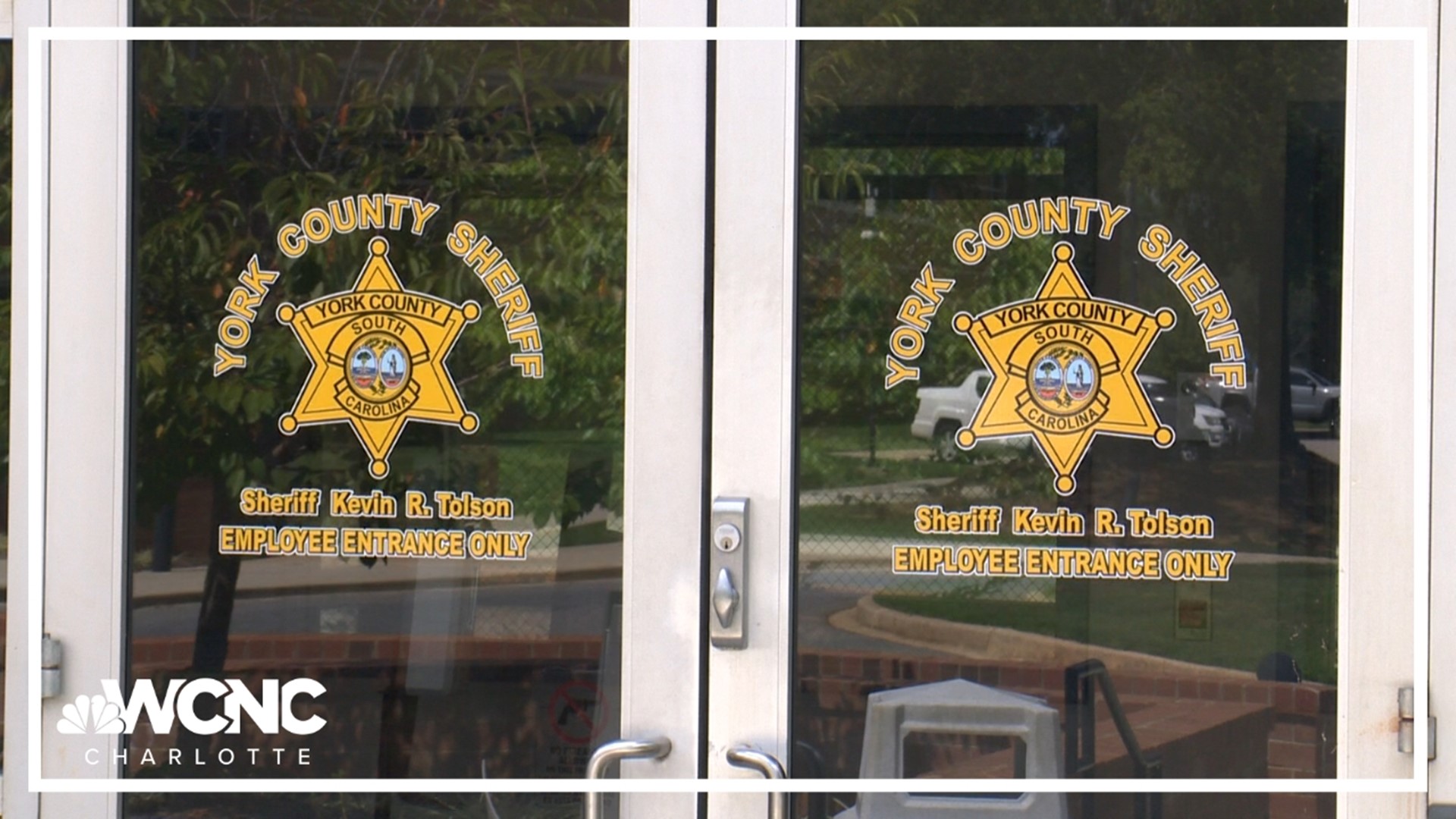YORK COUNTY, S.C. — Scammers are adapting, using the real names of trusted people and services to steal the information of unsuspecting consumers.
In York County, there's frustration from deputies who say some scammers are impersonating them.
“'Pay us this money and we'll take care of the warrant' -- that is completely false," Deputy Trent Faris, a York County Sheriff's Office spokesman, said. "You cannot buy your way out of an arrest warrant. If you have an arrest warrant, our deputies are going to come to your front door.”
They're not alone.
This year, the Federal Trade Commission responded to more than one million fraud reports across the country from January to July.
In North Carolina, more than 27,000 people were impacted with an estimated $80 million lost.
Charlotteans are among those taking additional steps over the phone and on social media to stay safe.
"I already got the number programed and it says potential spam," Shelton Leake said.
“Making sure everything’s password protected, two-way authenticated -- make sure you verify every time you go into your account," KJ West said. "We need to do a better job of protecting people.”
One of the biggest challenges in addressing these scams, according to Tom Bartholomy with the Better Business Bureau, is many scammers come from out of the country.
“As soon as you take one down, they're able to put another one up just that quickly, so enforcement is difficult.... the perpetrators of these scams aren't from around here, they're from foreign countries that we don't have extradition treaties with," Bartholomy said, "So the scammers feel like they're doing business scot-free, they have no risk."
He said scammers can spoof caller IDs to make the call appear to be from a trusted source. Scammers may even search a victim online and use personal information, like the name of loved ones, to steal.
If a call seems odd, unfamiliar, or unsafe safe, hang up, or don't pick up at all. Then, call the business or person you know to verify the call is real.
“Look at that web address, look at that URL -- unless it says 'amazon.com' and spelled correctly, you're in the wrong place," Bartholomy said. "So that's your your first tell. And they also send out texts. That's been a very popular one... You've qualified for a $500 gift card. Click here to find out more. Very tempting, but don't do it.”
The FBI does have a dedicated team to addressing cyber crimes.
Consumers can file a complaint through their Internet Crime Complaint Center online, through the BBB, or through local law enforcement, if you've lost money.
"If you've lost your identity, if you've given somebody your social security number, you immediately need to contact the three credit reporting agencies put a freeze on your credit -- that will stop the scammer in their tracks," Bartholomy said. "If you've lost money through your credit card, you can charge that back through the credit card company. But, if you've talked to a scammer or engaged with the scammer, and you've given them your debit card, or a prepaid debit card, or Venmo, or Zelle, that's like handing them cash."
For more tips to protect yourself from scammers, visit the Cybersecurity and Infrastructure Security Agency online.
Contact Kayland Hagwood at khagwood@wcnc.com and follow her on Facebook, X and Instagram.

